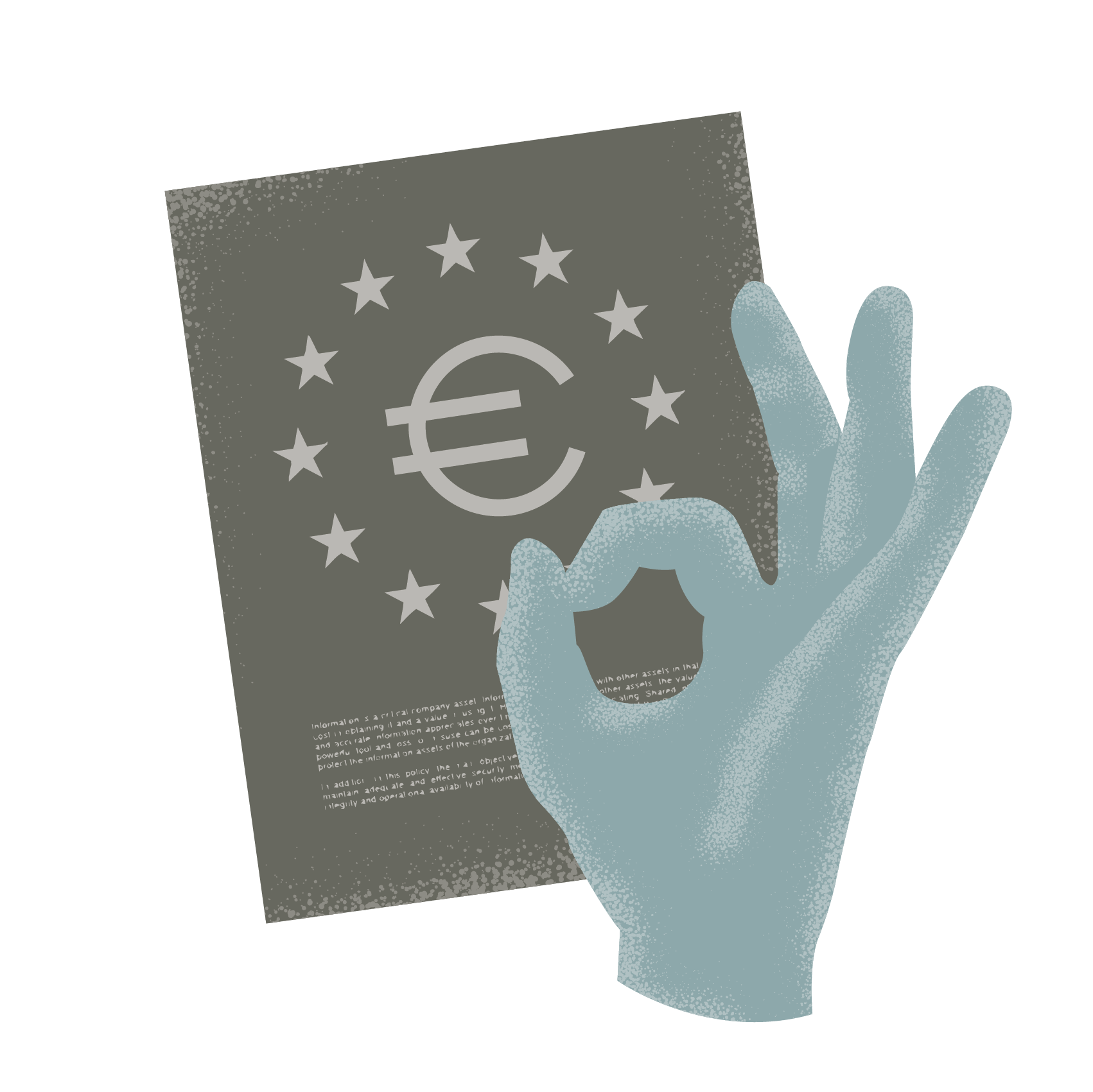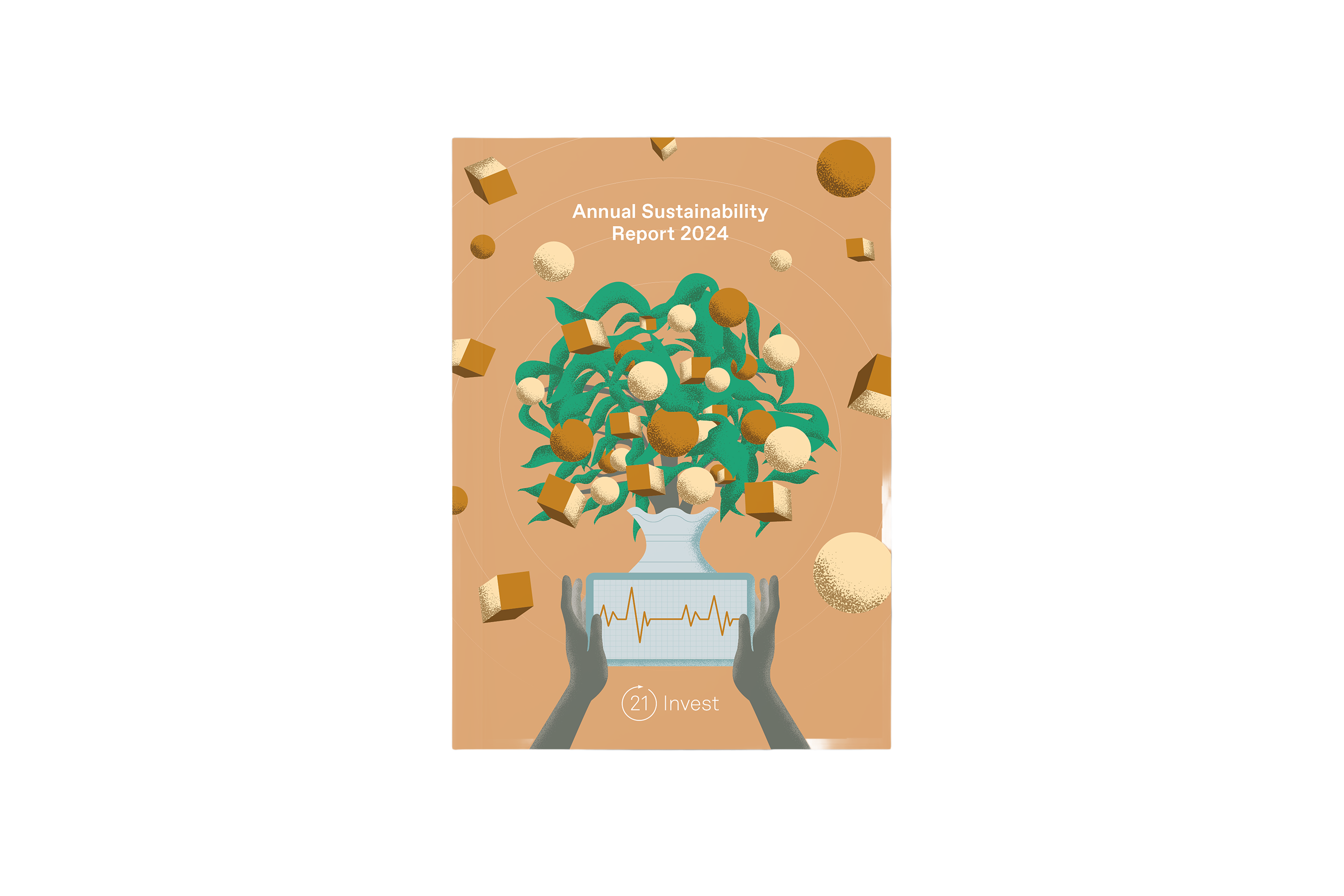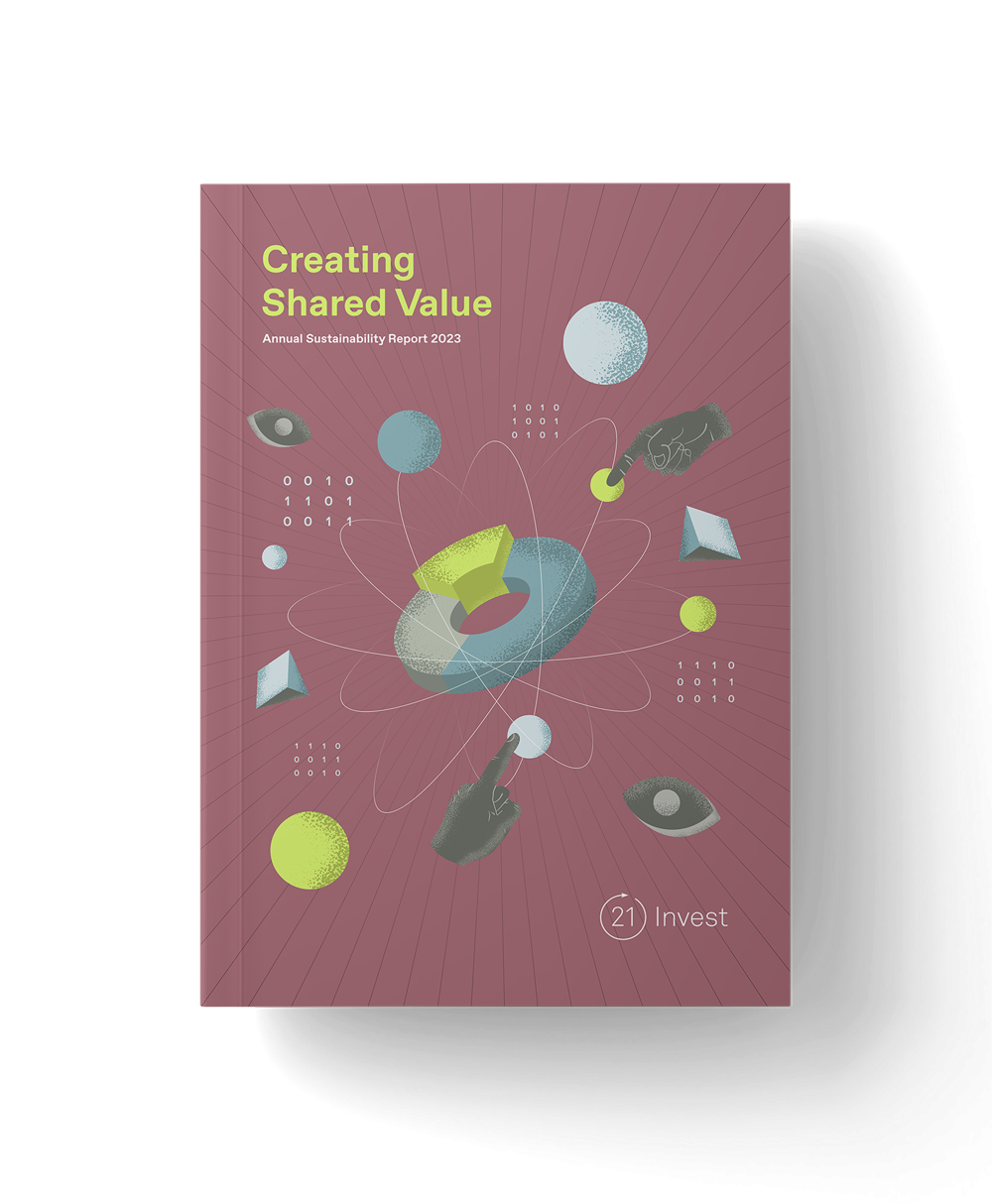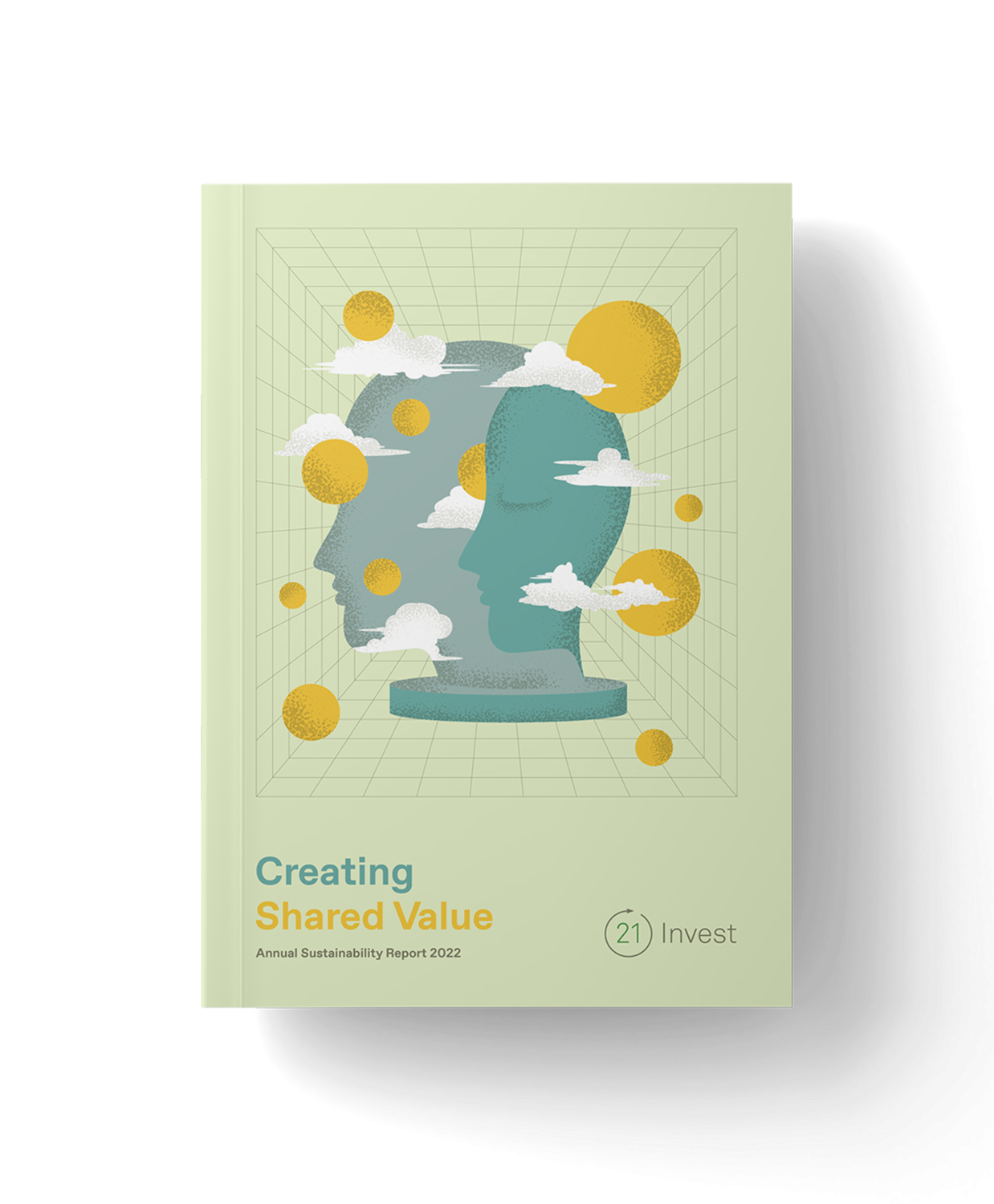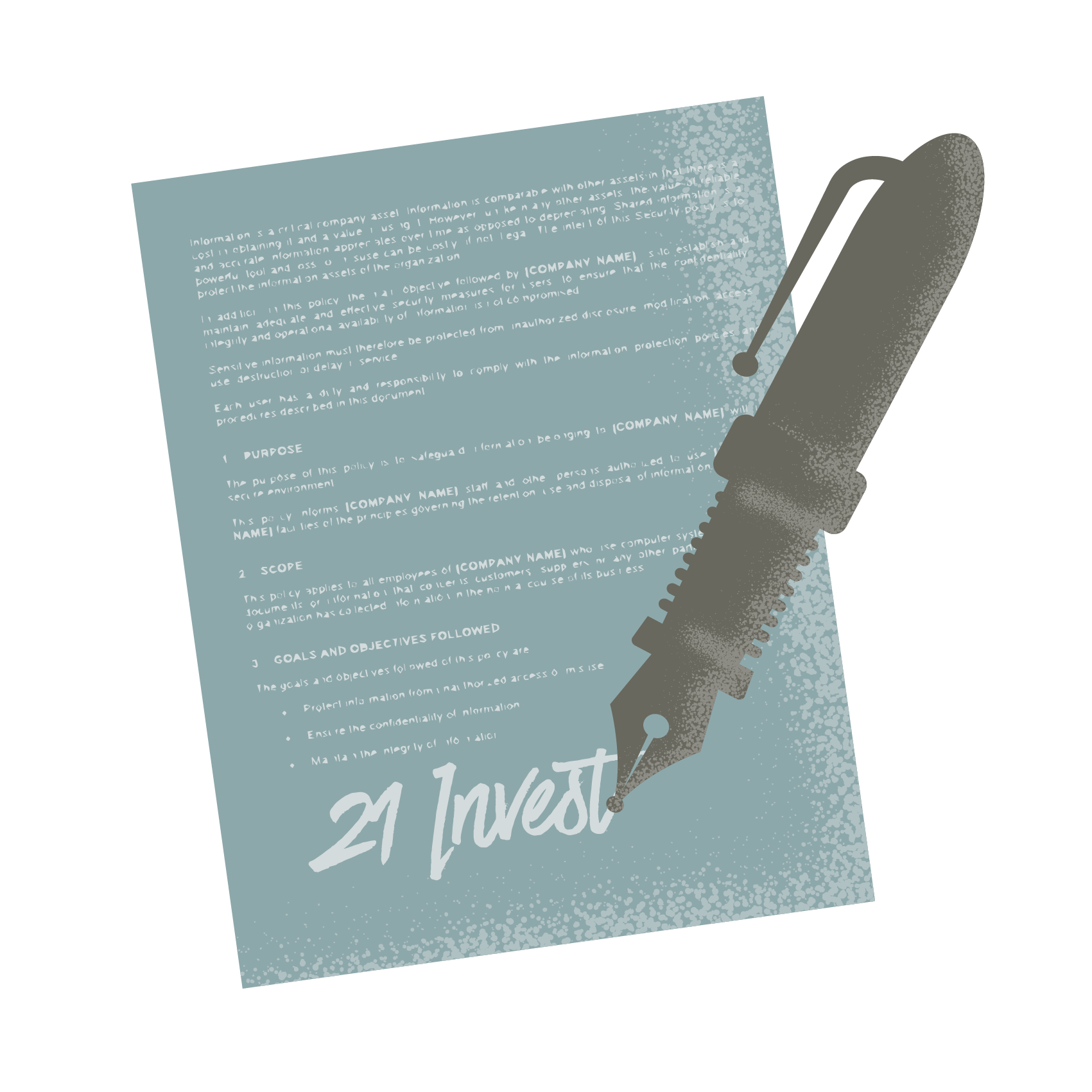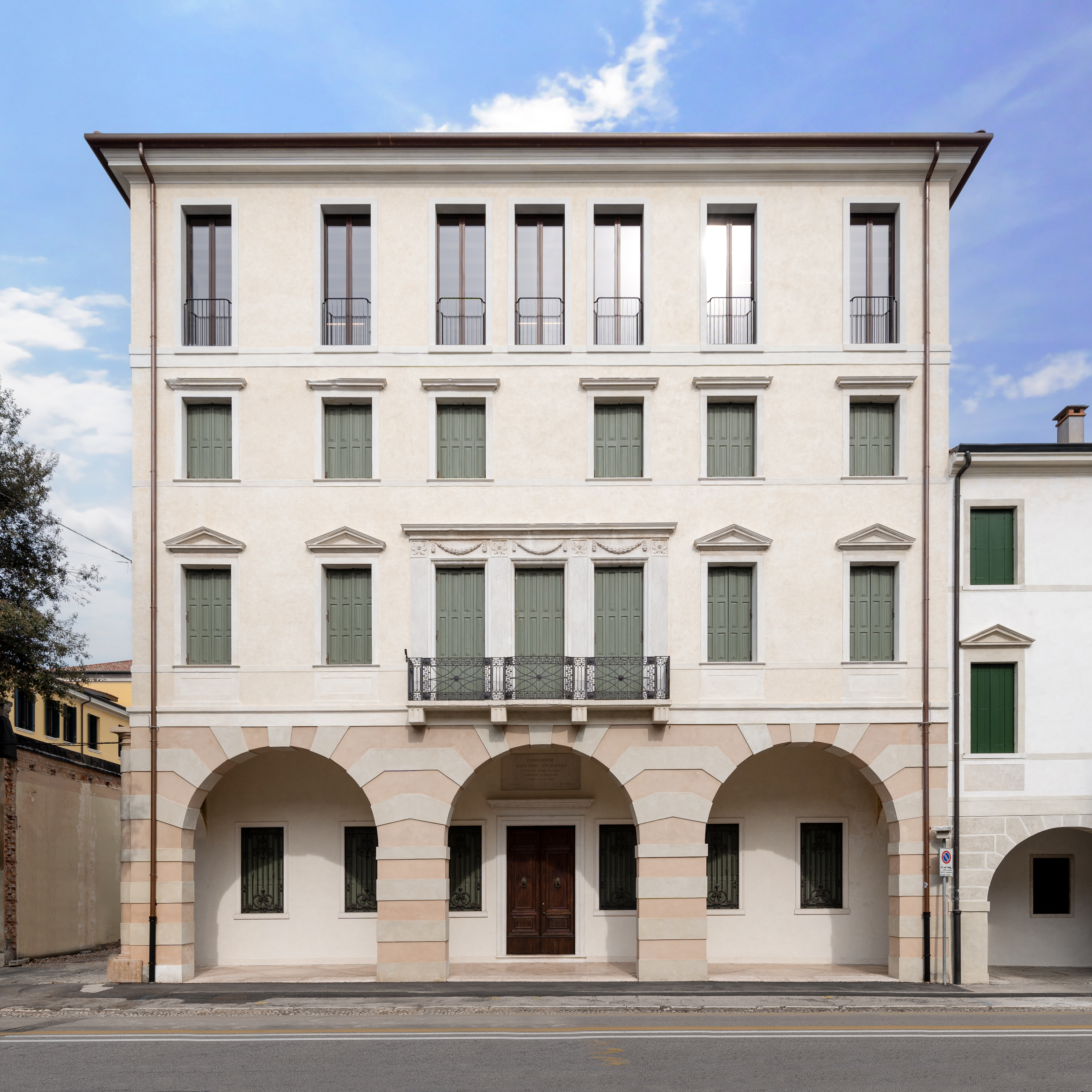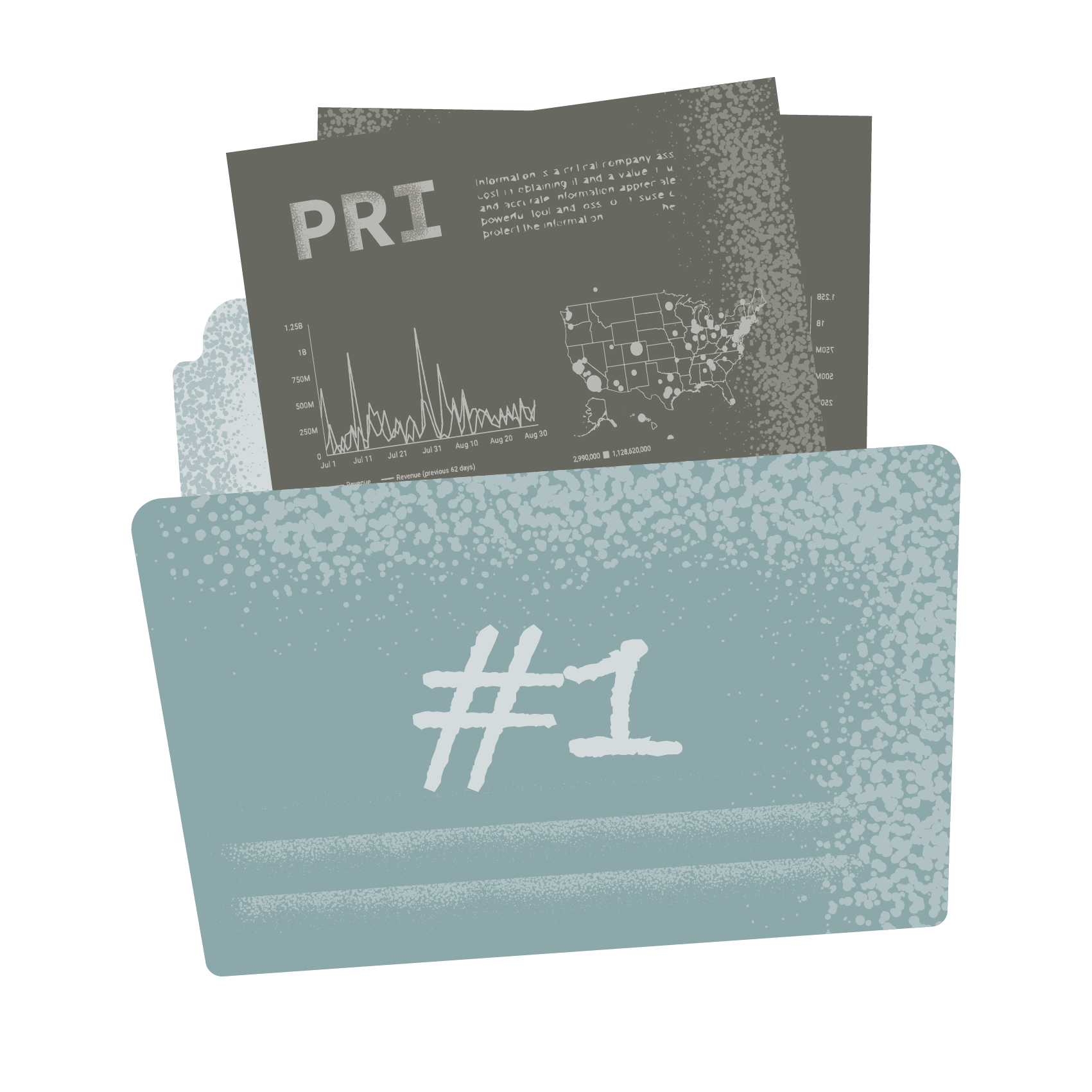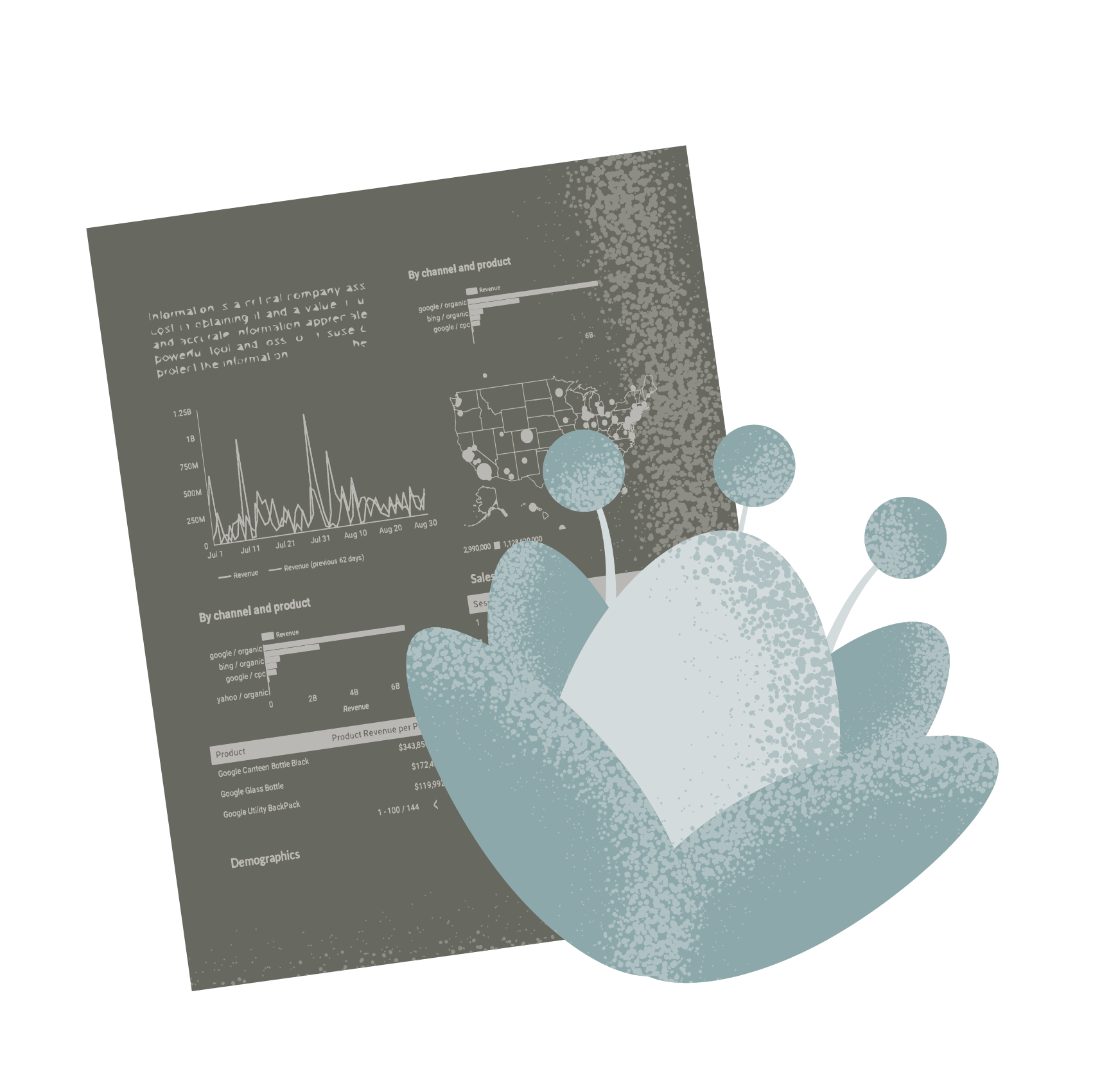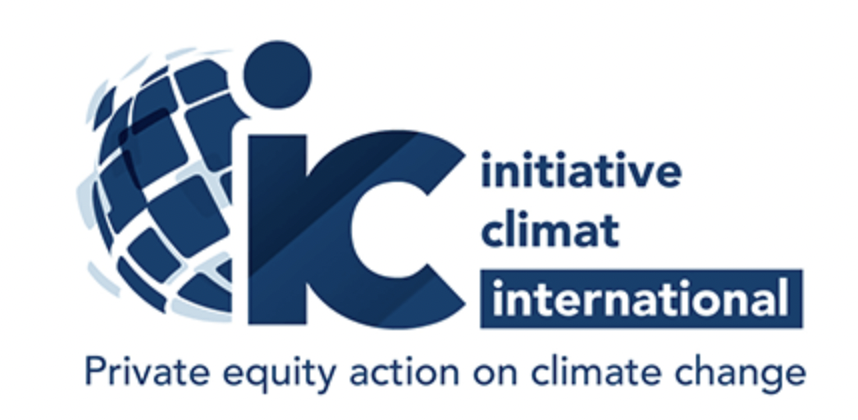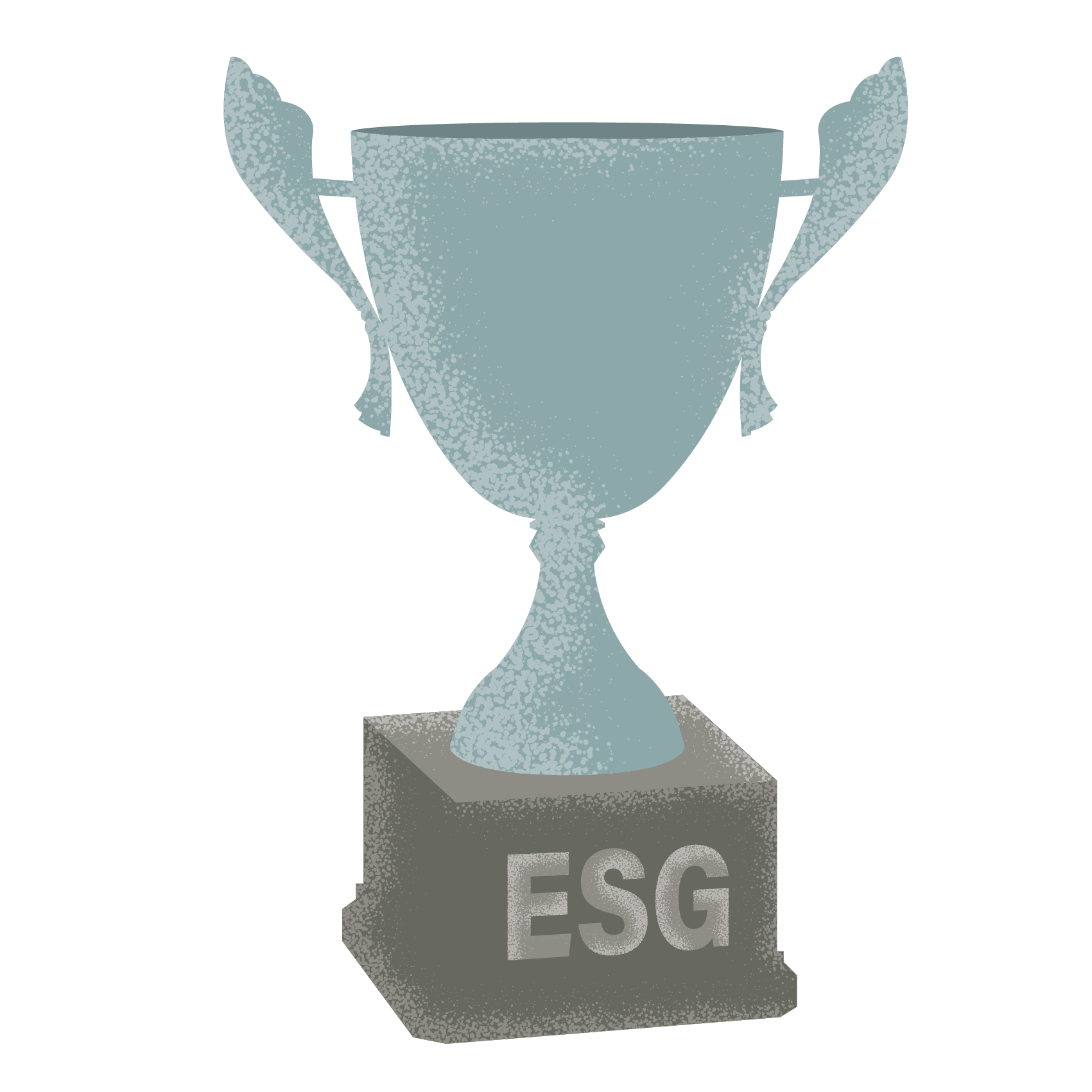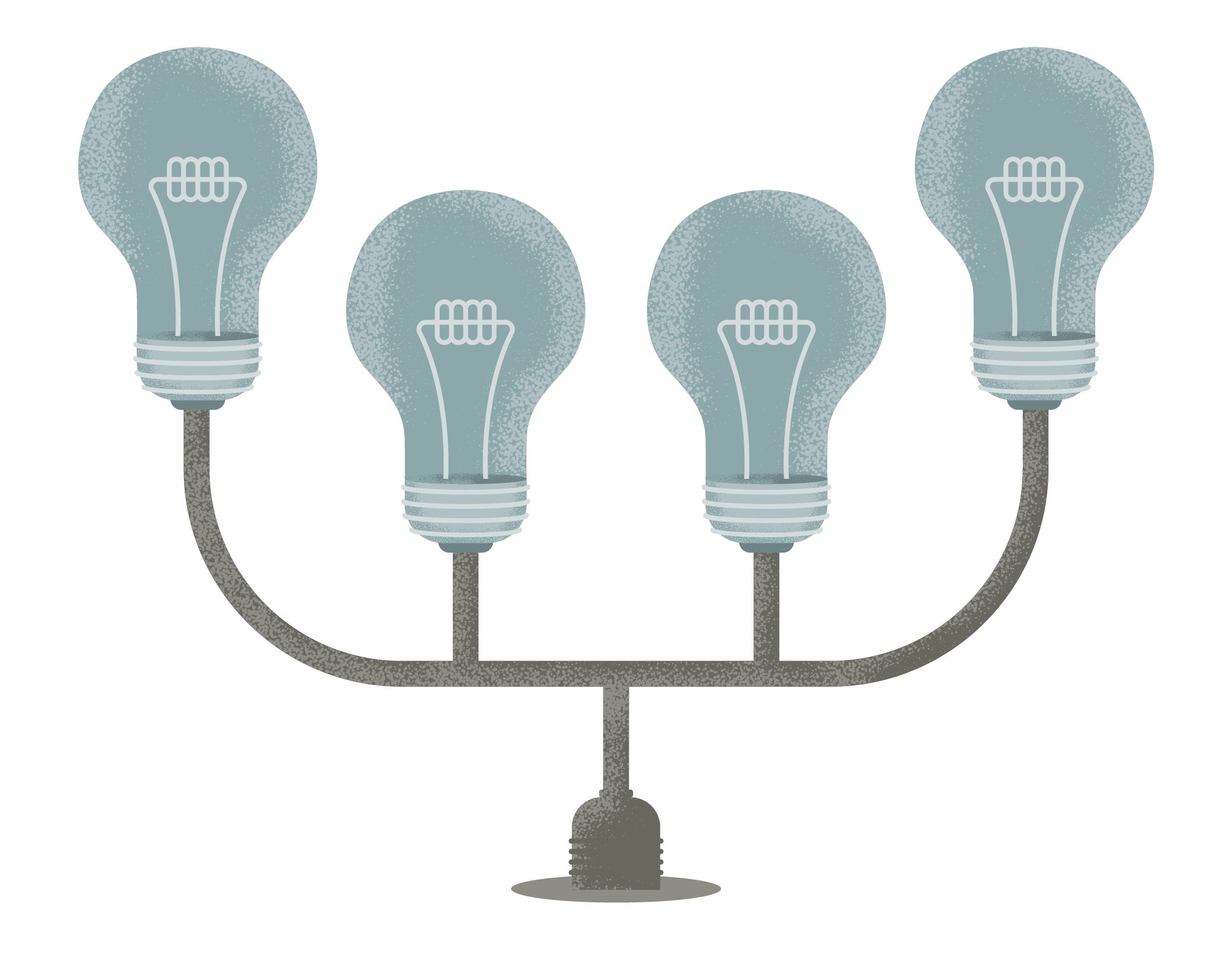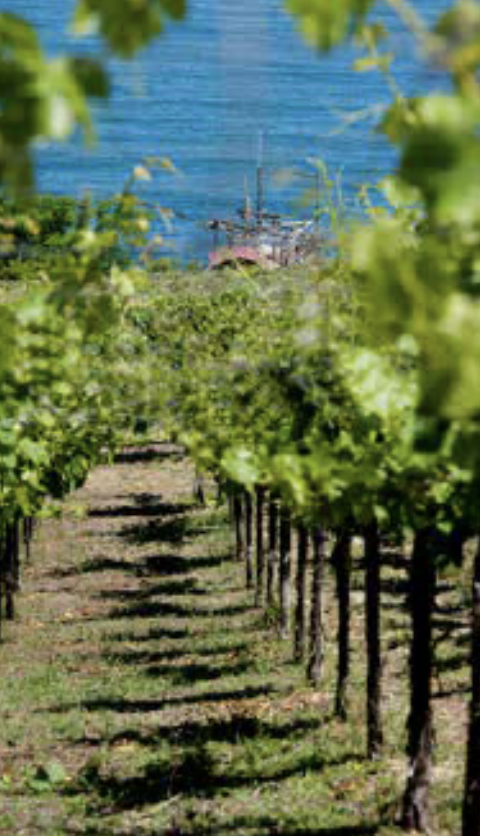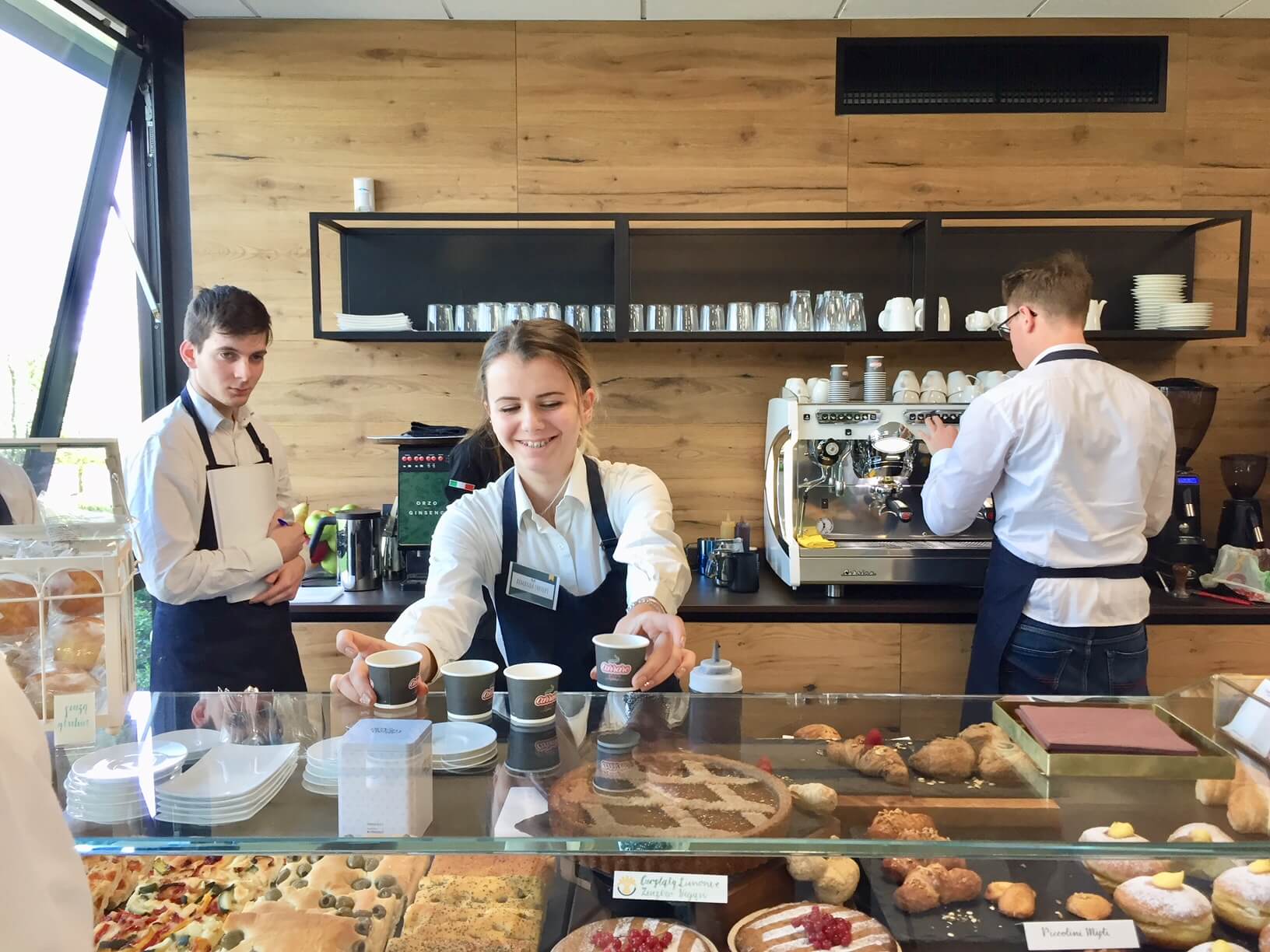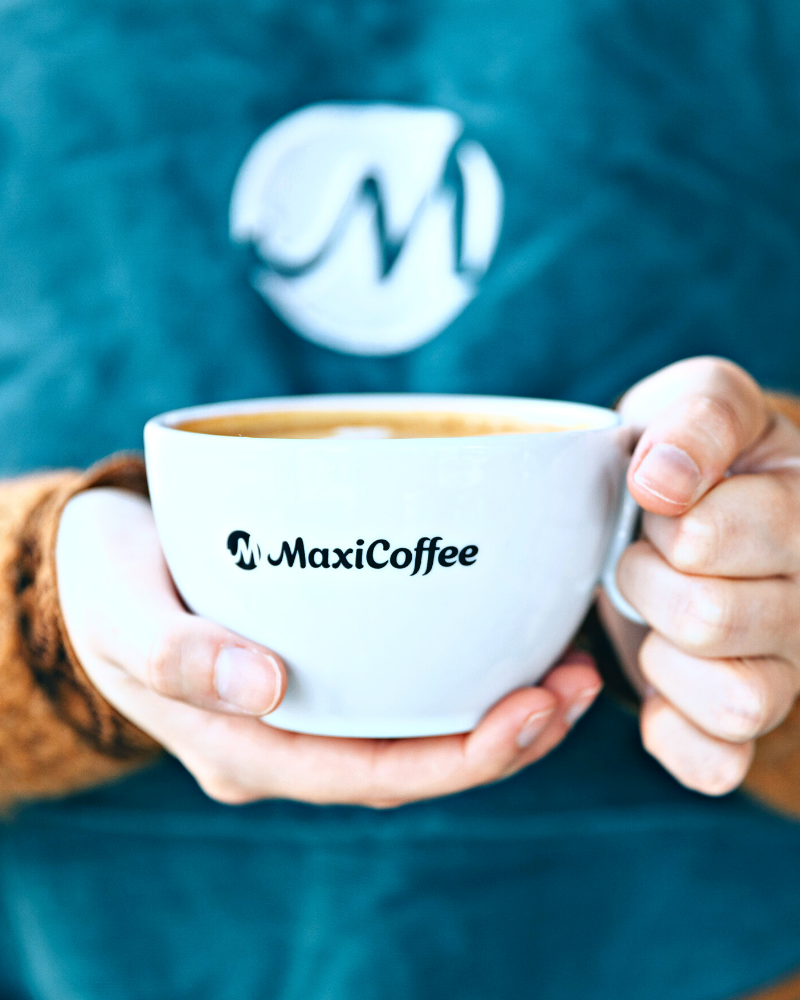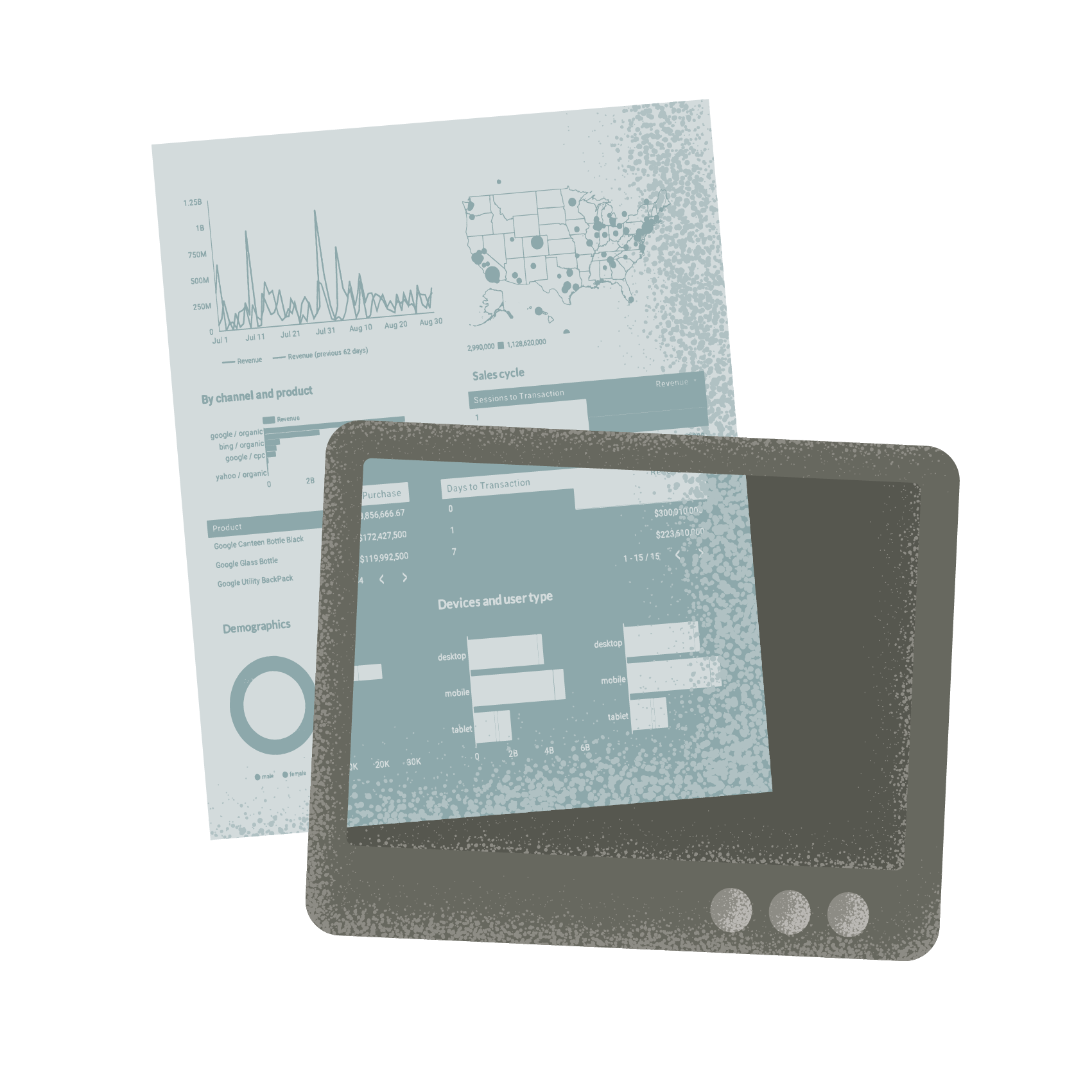Regulation EU 2019/2088
21 Invest SGR
No consideration of adverse impacts of investment decisions on sustainability factors
Disclosure art. 4
Transparency of sustainability risk policies
Disclosure art. 3
Transparency of remuneration policies in relation to the integration of sustainability risks
Disclosure art. 5
Sustainability-related disclosures - 21 Invest Italy Fund IV
Disclosure art. 10
Sustainability-related disclosures - 21 Invest Italy Healthcare
Disclosure art. 10
21 Invest France
SFDR General Disclosure
Download documentation
Statement on Principal Adverse Impacts 2022
Download documentation
Statement on Principal Adverse Impacts 2023
Download documentation
Article 29 - Law on Energy and Climate 2022
Download documentation
Article 29 - Law on Energy and Climate 2023
Download documentation
Our sustainability policy
We engage with portfolio companies to grow and generate profit in a way that is admired by employees, clients, suppliers, shareholders.
To make companies grow in a "good" and sustainable way, we have developed our sustainability policy in the respect of international law on human rights and to the application of environmental, social and governance criteria.
Our philosophy
Tracking the interdependency between social and business results unleashes important opportunities for innovation, growth and sustainable social impact at scale.
This is the approach that inspires us.
Shared Beauty
The journey through the renovation of a sixteenth century building to look to the past and project it to the future.
A new headquarters for 21 Invest, which represents the company's values: heritage, growth and sustainability.
Our journey to Shared Value
Responsible investment
The key to generating long-term growth.
We consider responsible investment as part of the strategy to consistently create value for our investors.
To comply with the highest responsible investment industry standards, we have been a long‑standing signatory of the Principles for Responsible Investment (PRI, the world’s leading independent proponent of responsible investment) since 2009. Since the annual reporting was introduced in 2015, 21 invest has consistently received top scores (A or A+) in the "Strategy & Governance" and "Private Equity" modules from the PRI.
Following the change in the scoring methodology with the 2023 reporting cycle, in our latest reporting we received a score of 77 in the "Policy Governance & Strategy" module and of 96 in the "Private Equity" module, both of which were above Median values.
Below is a link to the publicly available reporting on the PRI website ->
Shared Value case studies
Farnese
Fardnese is a leading Italian group active in the production, sales, and marketing of wines from central and southern Italy. With a global clientele of over 2,600 distributors, hotels, and restaurateurs, Farnese generates more than 95% of its sales from international markets.
Forno d’Asolo
An important Italian producer and distributor of a wide range of sweet and savory frozen bakery products to over 35 thousand clients, mainly represented by bars, bakeries, cafés and hotels.
MaxiCoffee
The first importer of specialty coffee in Europe through the Cafés Lugat brand. In this context, MaxiCoffee guarantees fair wages for farmers, certifies product traceability and ensures and promotes sustainable social and environmental practices.
A step-by-step strategy
We have further integrated sustainability throughout the pre-investment and post-investment processes, and we believe that this is a fundamental part of achieving value creation.
1 - Screening
Screening of sustainability risk factors
2 - Due diligence
Conducting pre-investment sustainability due diligence
3 - Active ownership
Monitoring of sustainability indicators & implementing best practices
4 - Exit
Improving sustainability for a premium at exit
“To us, social responsibility is working to make our companies resilient and future proof, investing in sustainability and digitalization to create social and economic value.”
Alessandro Benetton







